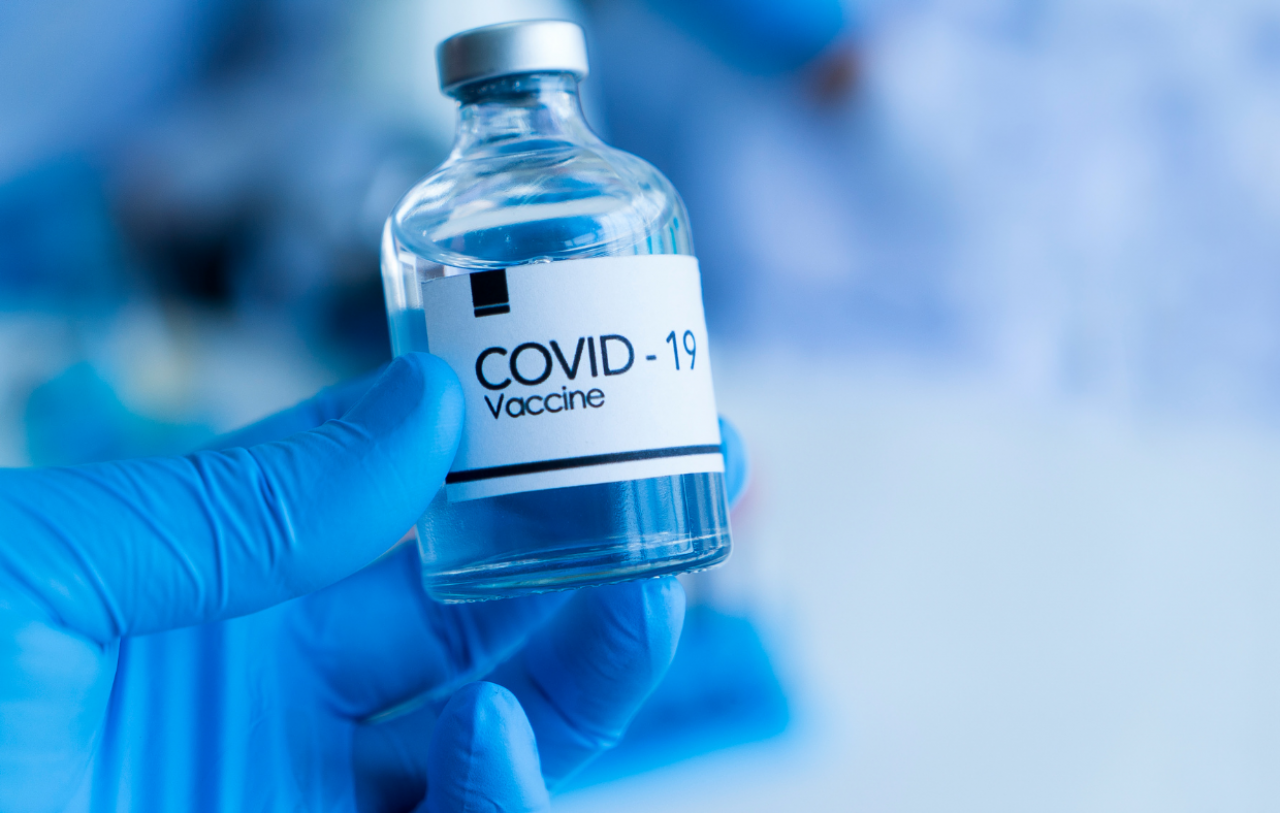In February, news outlets announced that more than 500,000 Americans have died as a result of COVID-19. When people share statistics that include huge numbers, we tend to tune out because it’s so hard to fathom the scale of it all. One half million people is like every single human being dying in the counties of Mendocino, Lake, Humboldt, Trinity, Del Norte, Siskiyou, Tehama, Glenn and Colusa—then adding the entire population of Cloverdale and another 4,000 people on top of that. Half a million people is a horrendous number of people.
This fact often doesn’t hit home unless you know someone who became severely ill or died. This past Christmas, many families had empty seats at their dinner table where their spouse sat laughing or they had an empty pillow next to theirs before falling asleep. When the threat of illness or dying from COVID-19 doesn’t feel real, it is hard to realize the need for getting the vaccine. About one in three Americans now know of someone who became seriously ill or died.
Is the vaccine effective?
The two currently FDA-approved COVID-19 vaccines from Pfizer and Moderna have proven 94 percent effective in eliminating symptomatic coronavirus infections. The 6 percent of people who do have some symptoms report them as mild to moderate. Why, then, would anyone refuse the vaccine?
Is the vaccine safe?
Vaccines trick your immune system into responding to an infection that is not truly there. Pfizer and Moderna use messenger RNA (or mRNA) to create a protein that is a fragment of COVID-19. The body recognizes those protein fragments as foreign invaders and mounts an immune response. If the body sees this type of protein again, it will have the tools ready to fight it. The protein fragments are not COVID-19. There is no live virus in these two vaccines. Once the mRNA does its job, it is dissolved in the cell. It cannot affect a person’s DNA.
Can’t I just wait for herd immunity?
Some people choose not to get the vaccine is because they believe they are not at risk or maybe they just don’t like vaccines in general. They depend on the rest of the population to protect them with herd immunity. Herd immunity is when there are so many immune people that the disease becomes hard to spread. If we all get vaccinated, we not only protect ourselves, we protect the most vulnerable among us—the elderly (such as our grandparents and elders we love) and the immuno-compromised. When the healthy 30-year-old grocery store clerk gets vaccinated, he also protects the 10-year-old cancer patient who comes to the store with her father. Getting vaccinated is not only for our own personal health but for all the others around us.
I’ll wait and see, thank you very much.
Often people don’t get the vaccine due to fear or a sense of unease about shots. COVID-19 is a relatively new disease and the vaccine is also new. Being new, it is an unfamiliar treatment without a decades-long track record. It can be scary and unsettling, and some folks want to wait and see how things develop, or ignore the whole pandemic in hopes that it will go away. This is risky.
Weigh the costs.
As humans we often think, “These things won’t happen to me” or “I’ll take my chances.” COVID-19 has proven deadly for many people, and it is difficult to predict who will become severely ill. Some COVID survivors experience symptoms for months after being infected, including muscle weakness and fatigue, shortness of breath, and headaches. The health cost of infection could be long and enormous. The financial cost of infection also can be huge, whether in the form of a hefty hospital bill after a stay in the ICU or simply missed work and the accompanying decline in income.
We all want to go back to normal, to leave masks at home, to hug friends when we see them, and to eat in a restaurants again. Unless we all get vaccinated, this virus will stick around and continue to spread; and the more it spreads, the more it can mutate, potentially delaying our return to normal. So, for yourself, your family, and your community, if you have the opportunity to get vaccinated, please take it!
Dr. Jerry Douglas is the chief medical officer at MCHC Health Centers—a community-based and patient-directed organization that serves Mendocino and Lake Counties, providing comprehensive primary healthcare services as well as supportive services such as education and translation that promote access to healthcare. All MCHC health centers accept Medi-Cal/Partnership HealthPlan of California, Medicare, Covered California, and other insurance. Learn more at mchcinc.org.

 MyChart Login
MyChart Login

